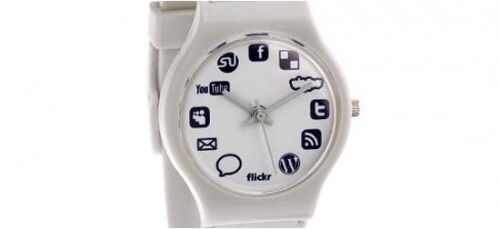
Topic 4: A reflective summary on ethical issues of social media in the workplace
There are lots of ethical issues of social media in the workplace. From fault endorsement/advertising, to violation of rules, to fake reviews, and lots more. Indeed this week’s topic was a broad one in the sense that everyone approached it differently. There was no right or wrong answer but it all resulted in a better understanding of the topic.
Continue reading →









